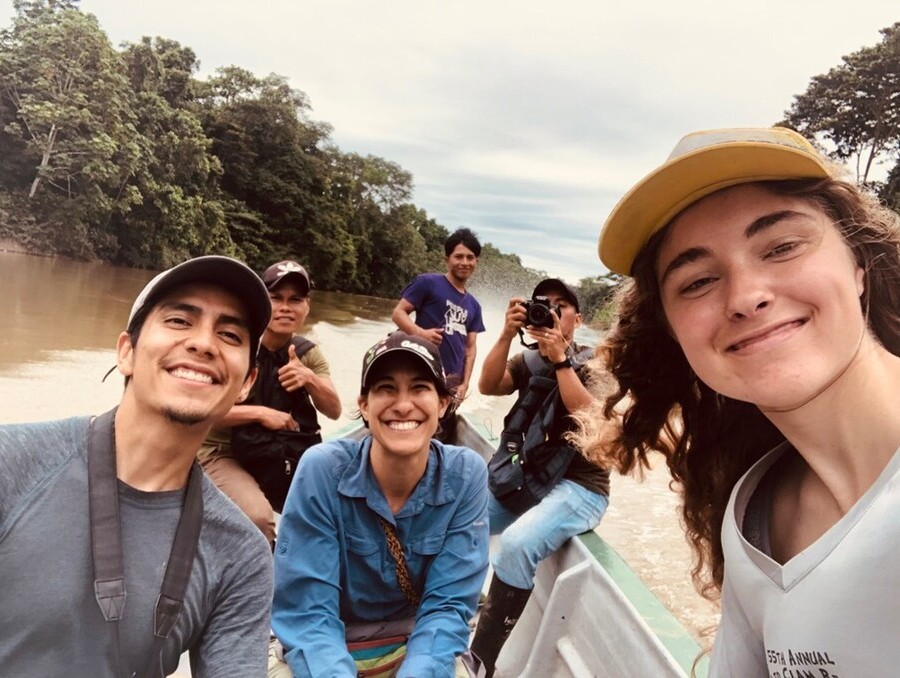The holidays can be difficult for everyone. Obligations arise, social engagements abound and you end up spending more time with family than you are likely used to. Add the stress of coming home from newfound independence after your first semester of college, and you have a recipe for anxiety.
Counseling Services at the University of Nevada, Reno focuses on helping students learn tools and techniques for healthy communication, establishing and protecting mental health and for dealing with the stresses of adulthood. Throughout the year they help students with workshops, group therapy, individual therapy and drop-in consultations. They try to address the needs of students with timely programming and special events. As part of that programming, they have developed a workshop entitled “Family boundaries over break,” which is being offered three times leading up to winter break. The first session has already occurred, but any students who are interested in attending this workshop will still have an opportunity to do so on either Nov. 17 at 3 p.m. or Nov. 21 at 10 a.m. in the Counseling Services Annex. Learn more about this workshop and other events available on the University Events Calendar.
Boundaries: what they are, why they matter and how to set them
“A boundary is any rule you have set for the way you will tolerate other peoples’ behavior and the way that you will behave toward others,” Program Director of Outreach and Community Relations for Counseling Services Carla Franich said. “Boundaries can be both physical and emotional. They are the things you deem acceptable, and a boundary line is the limit at which you will accept a certain behavior from a specific person. Everyone has boundaries, and those boundaries shift over time. It is up to the individual what to do, if anything, when a boundary has been crossed.”
Holidays and breaks present unique opportunities and challenges. Attending university changes a person. That person often lives in a new location with new people in their daily lives. They set their own rules and adjust to the freedom and individual responsibility that living away from home requires. Many students go back to the living situation they were in before attending university during breaks, and navigating going back into an environment after a significant life change can trigger a lot of emotions from both the person going back and the friends and family who never left.
“The changing dynamics of relationships can shift boundaries,” Franich said. “What a person once found acceptable may no longer be acceptable to them.”
This applies both to the student who has a new sense of self and to the members of a household who have certain expectations of those living in the same home.
Franich encourages having open, honest conversations as soon as possible to set reasonable expectations for all parties involved. It’s important to set new boundaries and discuss how dynamics have changed in order to have the healthiest, most fulfilling relationships with loved ones.
“Setting boundary expectations with friends and families gives one agency to speak about what they need, what they find acceptable and what they want,” Franich said. “Having conversations about rules and expectations that need to be followed, such as curfew and meal times, even if they may not agree with them, opens up finding the common ground to help navigate family dynamics.”
Having those conversations can be intimidating. It is difficult to be vulnerable and open up about what one needs and expects, especially when that has changed since the last time they saw someone. There is an element of shame and guilt that may be experienced for everyone involved. But Franich encourages people to keep in mind that boundaries come from a place of love.
“These conversations come from genuine care for one another,” Franich said. “Engaging in healthy communication is important because you don’t want to build up resentment. When you open up about what you need, it’s really valuable in all relationships with both family and friends. Realize that in the moment it may be difficult to have that conversation, but when you do, you are building trust, and confidence and you’re generally doing good for yourself. Also realize that respect for boundaries needs to be reciprocated since everyone has boundaries.”
The workshop helps to build confidence before students are even in the situation of actually setting boundaries. It focuses on how to have open communication and involves role-playing, which can make the conversation a bit easier when the time comes. It not only helps students to set boundaries but gives them the language and tools to communicate well when their boundaries have been crossed.
For those who are welcoming a loved one back Franich advises modeling desired behavior.
“Modeling behavior for any adult is great,” Franich said. “You can start the conversation with the student by welcoming them back, saying that it’s great to have them home, that you missed them and that you realized that they are a new person and may have new desires and expectations. Open up the conversation by inviting them to share with you how you can best support them. Ask if they would like anything to change. Help them to feel seen and respected.”
Learn more about resources available to students on the Counseling Services website
















